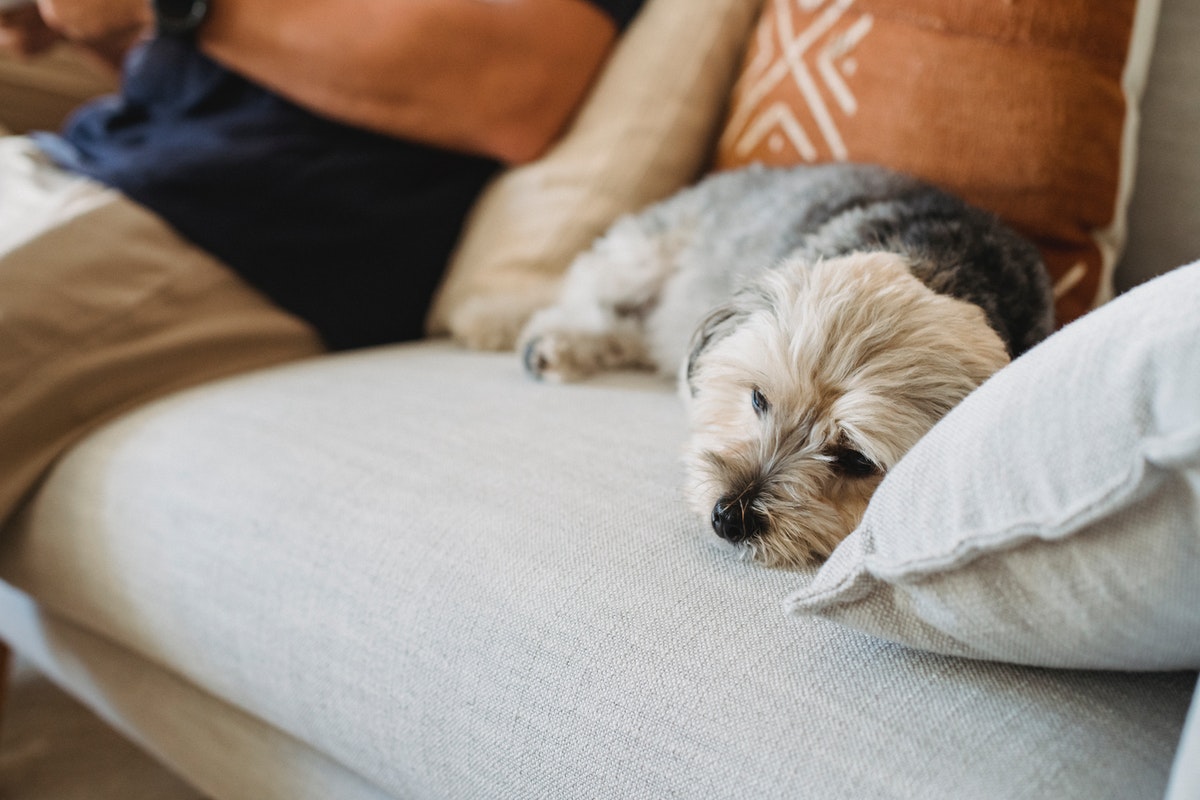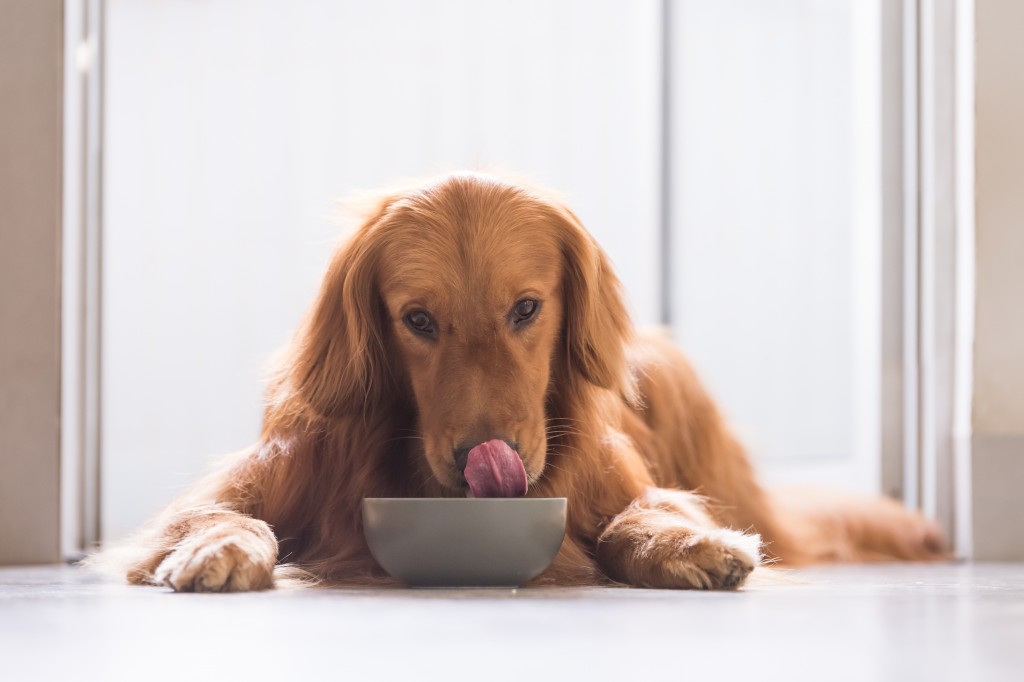Ever since the coronavirus took over our lives globally, humans and animals alike have experienced a great deal of anxiety with the whole quarantine situation going on. Some pet cats and dogs have also been reported to have acquired the virus after contacting infected people. People are also noticing weird changes in the behavior of their pets while bonding together during the lockdown.
Stress under lockdown
Sure, pets are quite happier to see their owners spend a lot more time with them than usual. But the change in their routines also negatively affects them. Dogs have exhibited symptoms of stress and anxiety because of their disrupted routines. This includes pacing, panting, crying, and whining. Cats do not take in stress very well, too, as this leads to more behavioral problems in the long run. When pets experience regular stress, they become more prone to illnesses as well.
Moreover, companion animals do get influenced by the mood and energy that their owner is having. They might not know that they are living in the middle of a pandemic. But they can get their stress and negative energy from their owners that are experiencing those things. While the feeling of trauma and anxiety is inevitable, this poses lingering effects on the health of your pets at home. Indeed, pets are known to be a natural and wholesome solution to our mental health problems.
However, we must also be wary of not giving off too much bad energy that might affect them. They can detect and absorb your stress, anxiety, and negative energy, so you must be able to tone it down whenever you are playing with them. Reciprocation is important between you and your pet, especially when things do get overwhelming around you. They are natural givers of love and companionship—however, you must also always be willing to give those back to them.
Furthermore, spending too much time with them during the whole quarantine may give them separation anxiety. This could worsen once normality kicks in, and you have to get back to work outside your home. They may become obsessed with you being at home 24/7. You may try alleviating the possible development of separation anxiety by identifying its symptoms as early as possible. This includes:
- Barking or whining when you leave your home
- Hanging out by the door after you leave
- Pacing and being restless when left alone
- Chewing on things when left unattended
- Following you everywhere inside your home
- Drooling
- Excessive grooming
Helping them overcome anxiety

As early as now, it would be best if you prevented them from experiencing further stress during current and future circumstances. There are a couple of things you can do to make them establish a sense of independence. You can also lessen the risk of them developing or worsening their separation anxiety when you do the following:
- Start having them in a private in-home training program. Enrolling your dogs in private training programs will help them become less stressed and dependent. Having a professional train them will help them become a lot more confident and tolerant. Especially with the varying circumstances that the world puts them through. You may also consider having them trained to be a therapy dog, which will be quite good for both of you. Therapy dogs do not easily absorb stress and negative energy from their owners, so that would not be a problem for you.
- Spend less time with them. Extended bonding time with them is one way to keep your pets happy, but that does not mean it is a good thing. While working in your office or bedroom, set boundaries by not having them go inside with you. Instead, allow them ample amount of time to enjoy their alone time in a separate room. You may also try leaving them alone in your yard. This will help them become a lot more comfortable with your absence.
- Establish routines. Working from home has made us spend a lot of time with our pets, even while working. This will make them get used to your presence and heighten the risk of separation anxiety. Try establishing a routine that is similar to their lifestyle before the lockdown happened. You must also make sure that the said routine is consistent every day. That way, your pets will be able to predict their day-to-day activities and reduce the risk of stress in the long run.
Our pets need much love as much as we do. Spending a lot of time with them does make them feel loved, but it will also pose multiple health risks for them along the way. Your pets parallel the actions you give them and the training they get. Do not underestimate teaching your pets to become more independent. Both of you will benefit from this in the long run!

